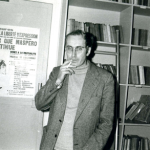
Remembering François Maspero (1932-2015)
As one of the most important French editors and publishers of the 1950s, 60s, and 70s, François Maspero helped shape an entire intellectual terrain.

As one of the most important French editors and publishers of the 1950s, 60s, and 70s, François Maspero helped shape an entire intellectual terrain.
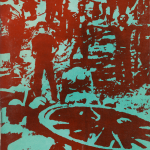
We founded Radical America in the 1960s to recuperate what was called, by radical historians in those years, a “useable past,” that is, something to build upon.
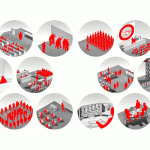
“I believe that the status of the state in current thinking on the Left is very problematic,” Stuart Hall wrote in 1984, in the midst of Margaret Thatcher’s war on the “enemy within.” He reflected on the legacy of the postwar period, which saw the extension of public services within the context of a vast expansion of the state’s intervention in social life.
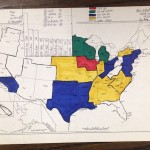
As academics began to debate Nicholas Kristof’s recent attack on their profession, I was interviewing a few of the literally thousands of American radicals who left the university for the factory in the 1970s.

In 1880, La Revue socialiste asked an aging Karl Marx to draft a questionnaire to be circulated among the French working class. Called “A Workers’ Inquiry,” it was a list of exactly 101 detailed questions, inquiring about everything from meal times to wages to lodging.
Tags: Inquiry
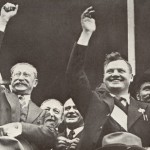
In his programmatic piece in Jacobin, Bhaskar Sunkara describes the shape of contemporary Left Unity: “the convergence of American socialists committed to non-sectarian organization under the auspices of an overarching democratic structure.” It would be glib to just dismiss this out of hand – alongside increased exposure of the Left in the mainstream media, such a structure could be a good sign. But the way this strategy is being pursued leaves many fundamental questions unanswered.

When Perry Anderson wrote in 1976 that “Western Marxism” could be considered a “product of defeat,” he was referring to the catastrophes and betrayals that framed the period from 1924 to 1968. In retrospect, this seems like foreshadowing. The intervening decades have seen not simply a defeat for the workers’ movement but its total dissolution – the collapse of the institutions that once made it an undeniable social force, and the rollback of the reforms it had won from the state. In our situation it has become difficult to say what “Marxism” really is, what distinguishes it as a theory, and why it matters. But this is by no means a new question. And of all the definitions and redefinitions of Marxism, Louis Althusser’s were perhaps the most controversial. In 1982, just before François Mitterrand’s turn to austerity, Althusser began to draft a “theoretical balance sheet.” He wrote “Definitive” on the manuscript, and never published it.
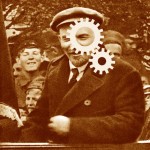
Though my article “The Actuality of the Revolution” centered on Lenin and 1917, it was really about the present. I think this became clearer as the debate on the article progressed, encompassing questions within the Occupy movement. For this reason, I’ve decided not to quibble over details, but rather to review the history in a way that more clearly shows how this debate, and the role the Bolsheviks played in 1917, speaks to our current historical conjuncture. Since the pressing question, the one that tied all these articles together, was actually the question of the party, I will try to clarify and elaborate my analysis of the function of the party form, responding to the three critiques of my original argument.
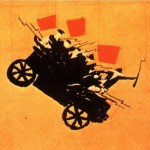
This is a slightly edited version of a talk delivered at the Left Forum on March 18, for a panel called “State and Revolution: Is Lenin Still Relevant?” In the coming weeks, we will be posting a few more articles debating this history and its implications for the present.

The “internecine ultra-left argument of the moment,” says the Wall Street Journal, is the debate over the “black bloc.” And if this debate has led the WSJ to talk about “ultra-leftism,” it’s clearly a debate we have to address.